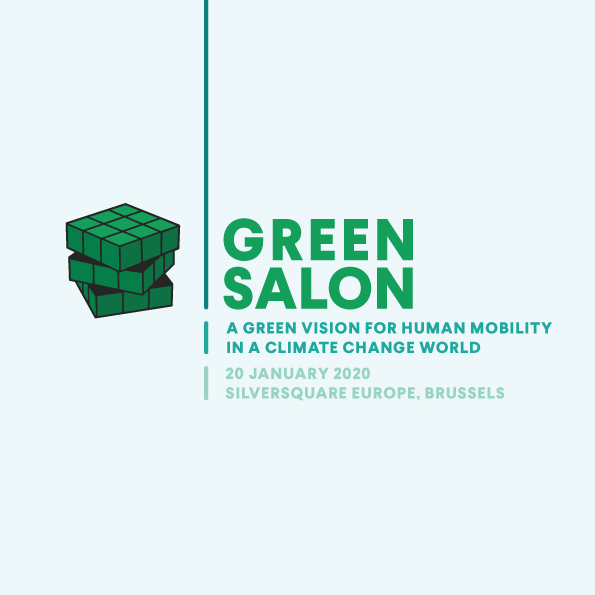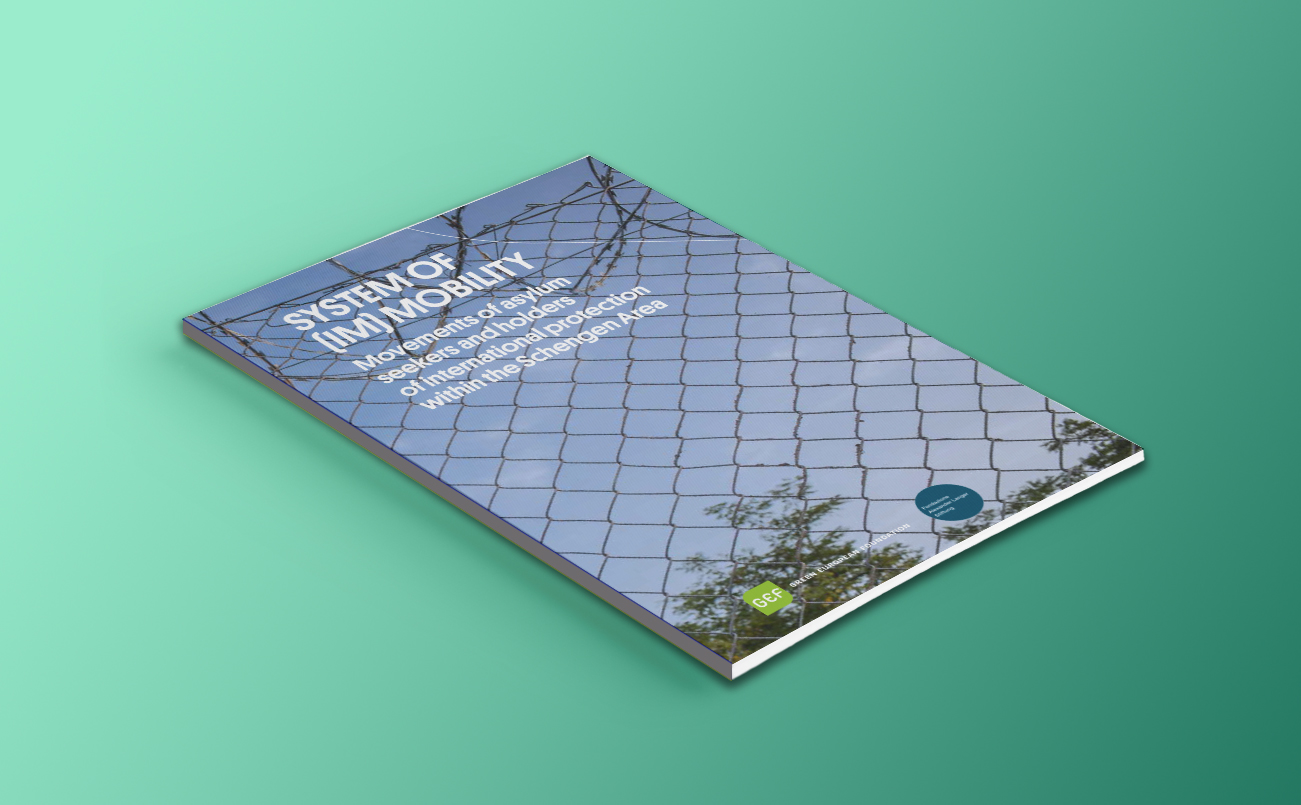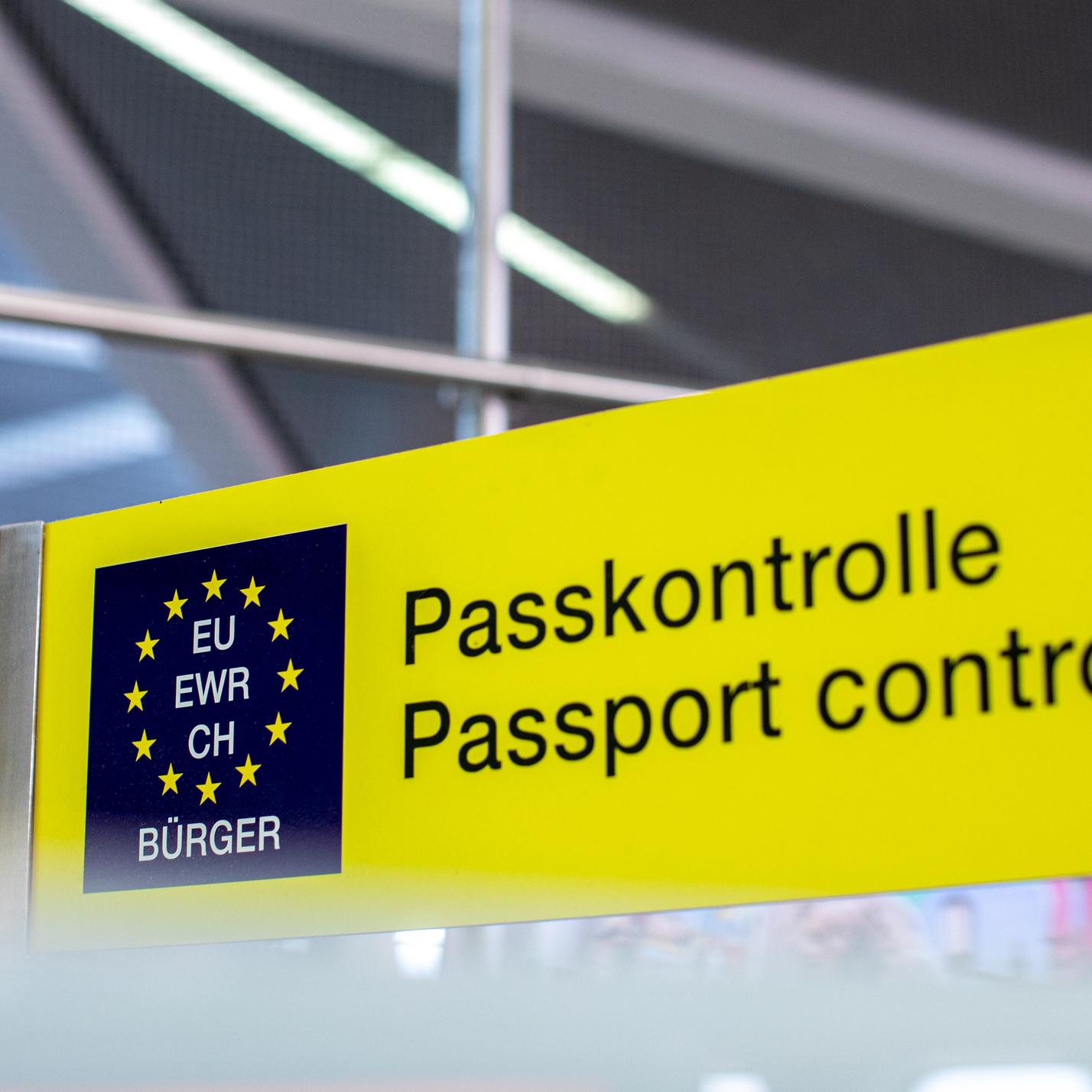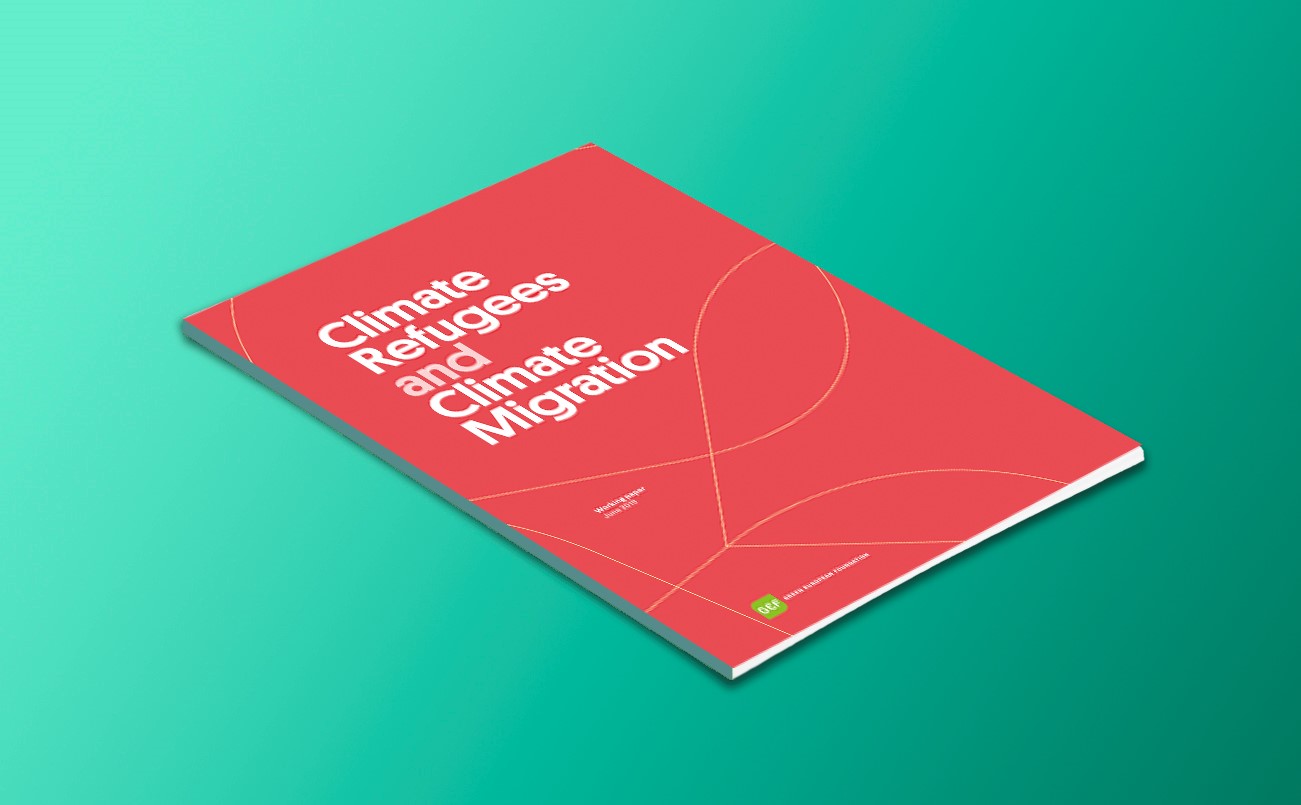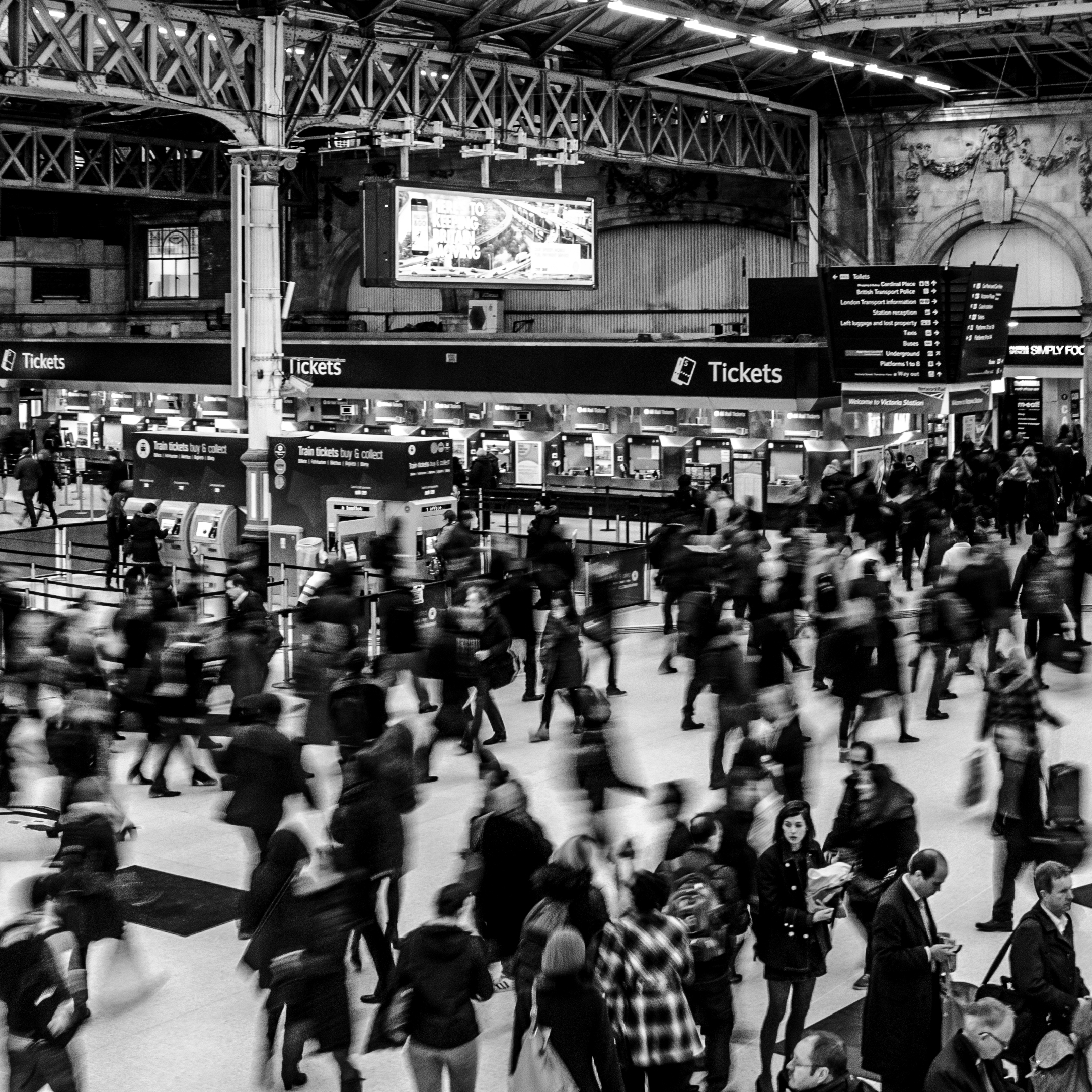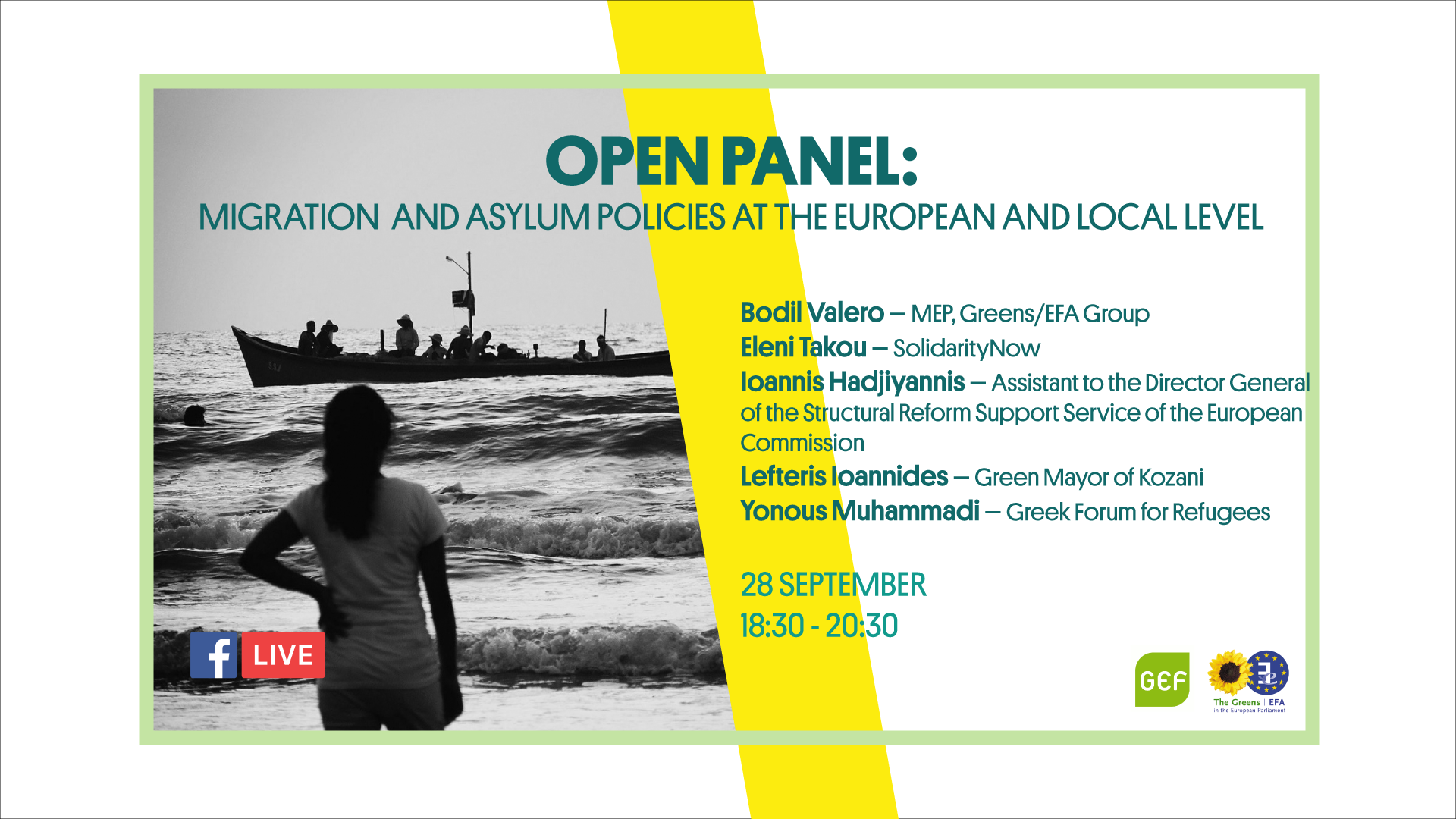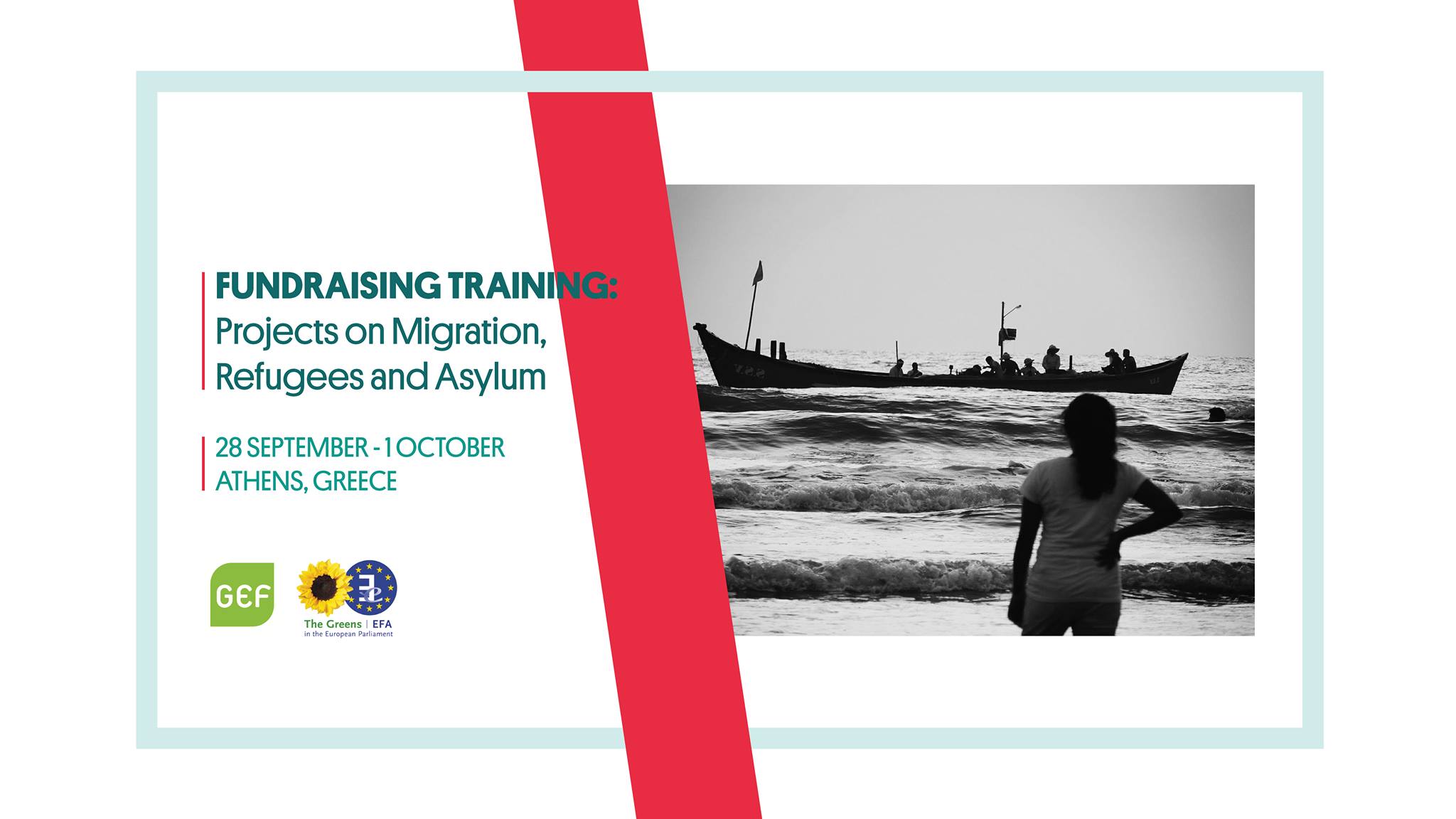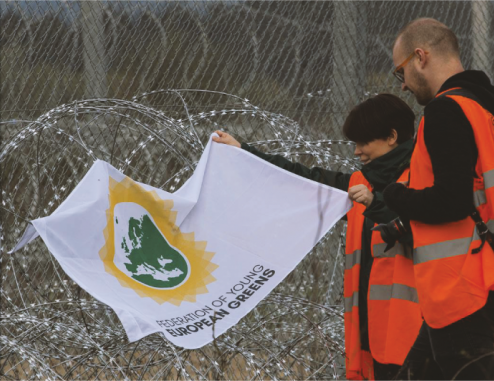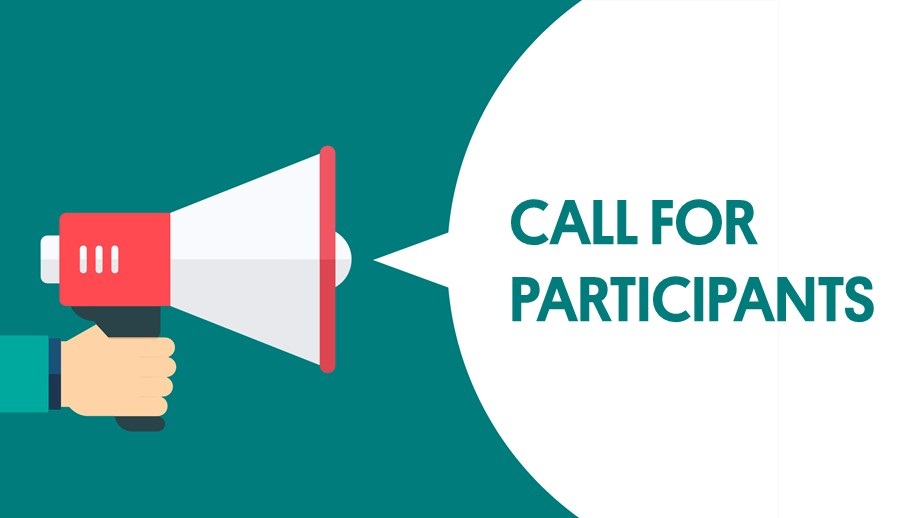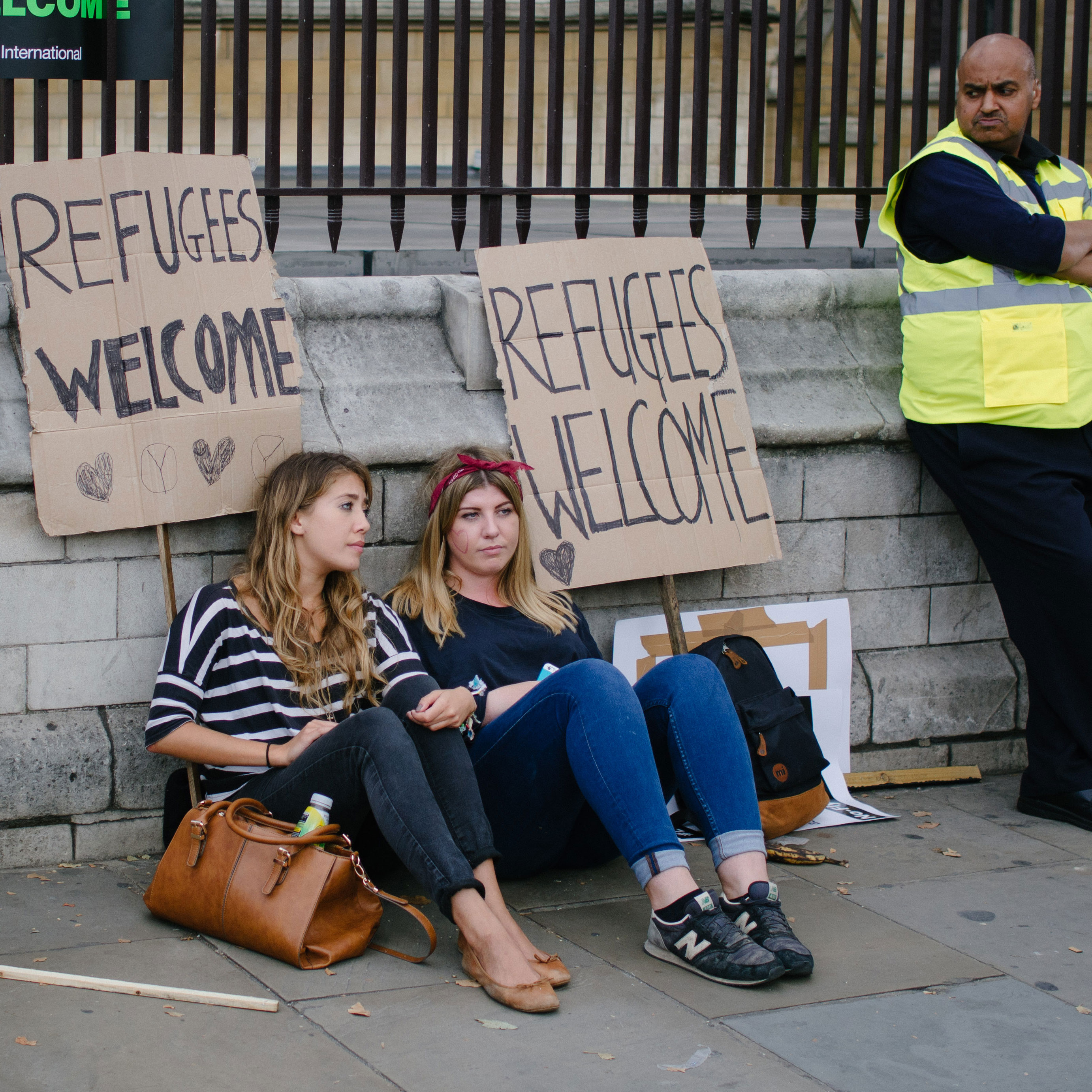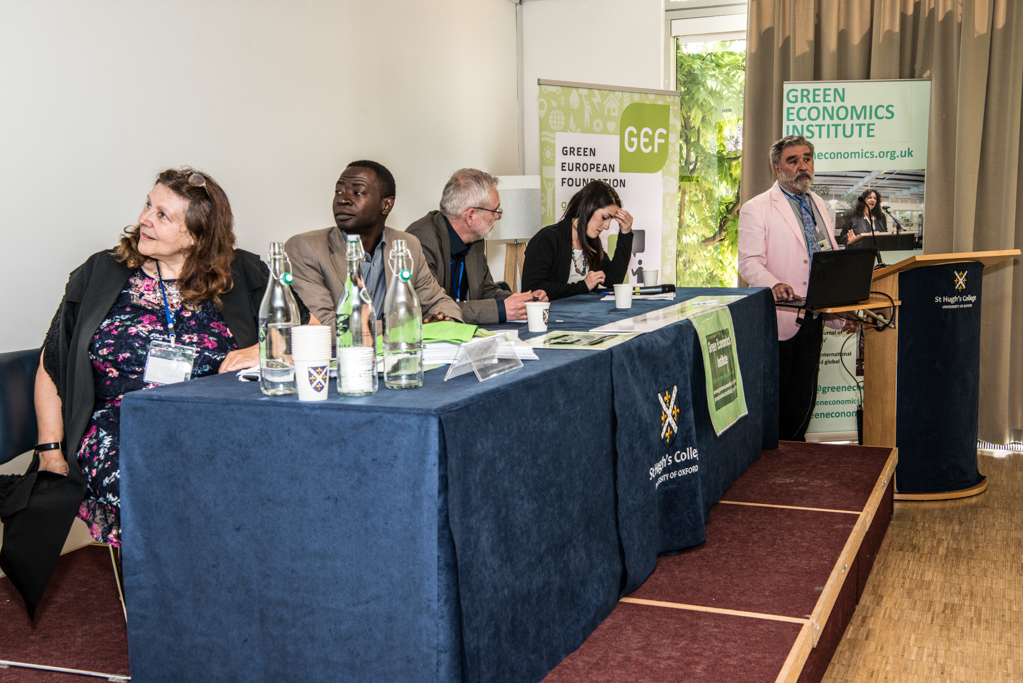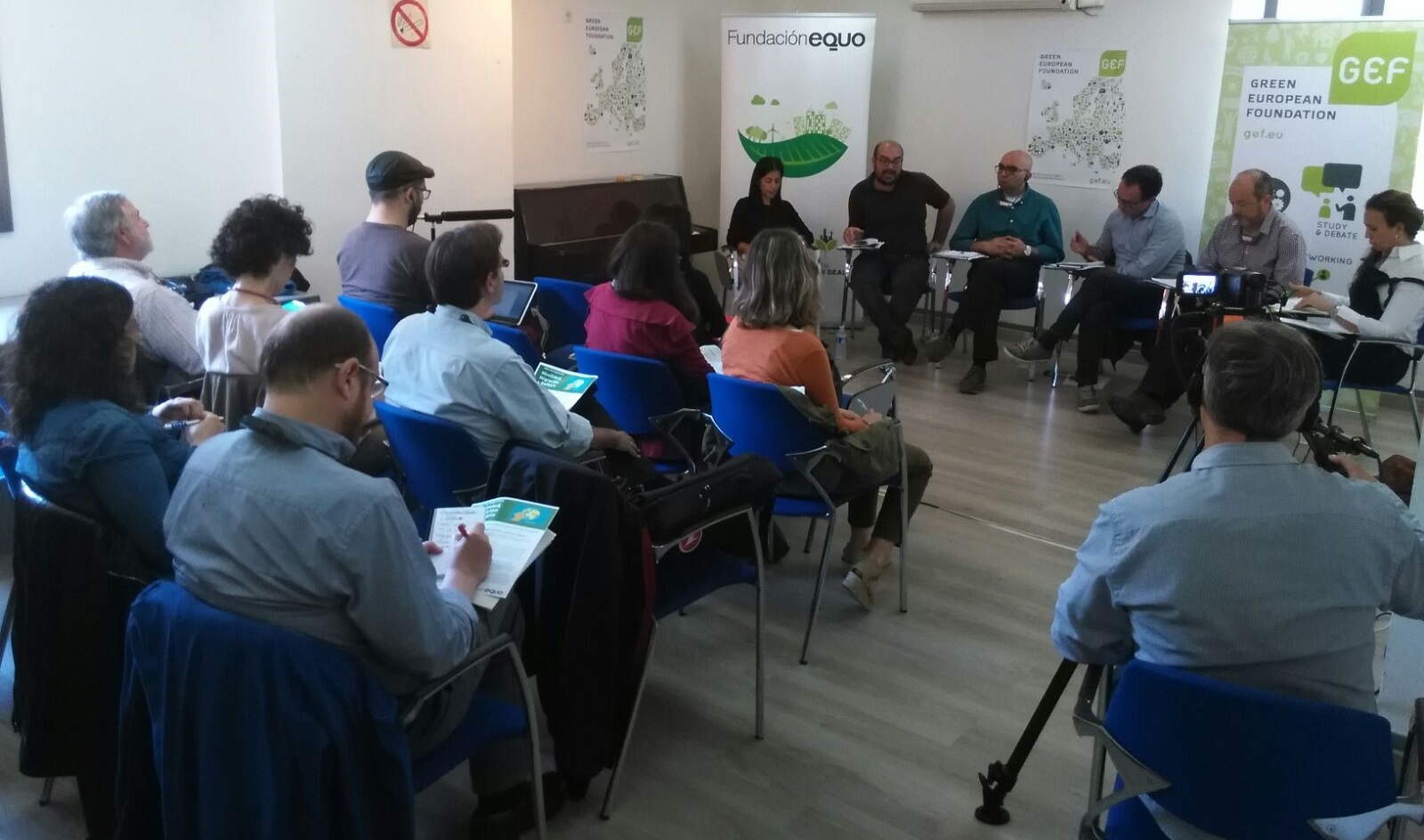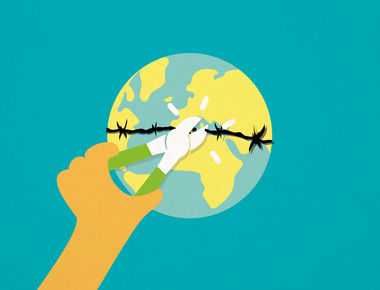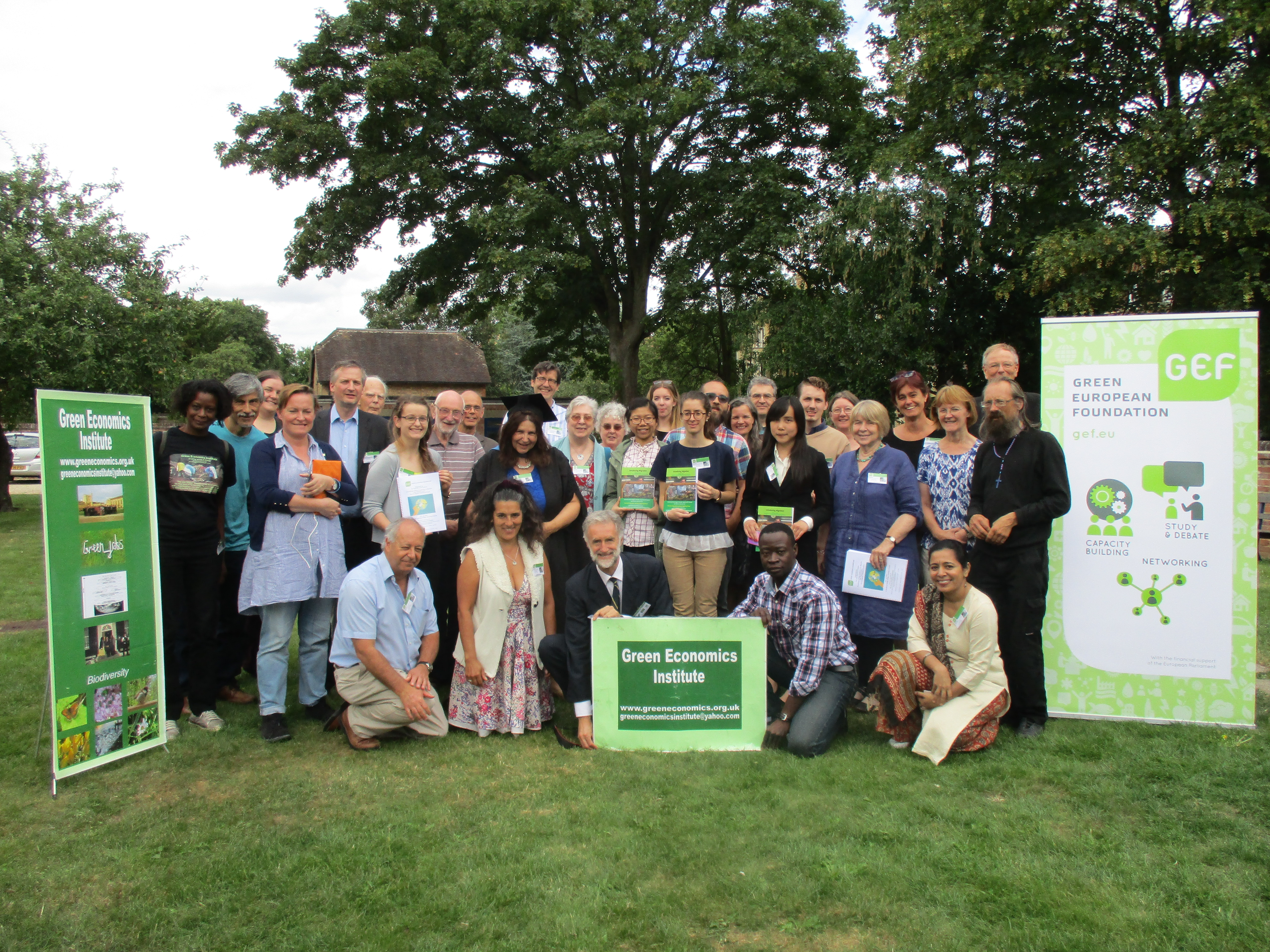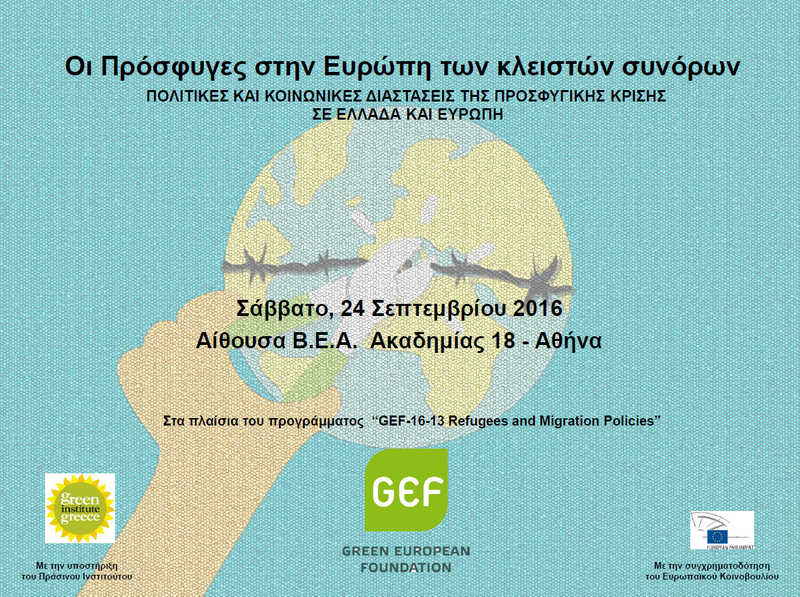
Context
The 2021 United Nations Climate Change Conference or COP26 will take place in Glasgow, Scotland, from the 31st October to 12th November 2021.
To provide support for Green actors in Glasgow during this important event, the Green European Foundation, with the support of the European Green Party and the Scottish Greens, will be holding a Green Hub: a meeting point which any member of the Green family can use to rest and recharge, to meet other actors, attend a multitude of green events, prepare for the protest.
Register to join us (in person or online!) and stay up to date on events, programming and the Green buzz at the Glasgow Green Hub and COP26!
Practicalities
Date: 1st November – 12th November
Opening times:
- 1st Nov to 4th Nov: 9:00 to 18:00
- 5th Nov to 9th Nov: 9:00 to 21:30
- 10th Nov to 12th Nov: 9:00 to 18:00
Location: Reinfield Training & Conference Centre, 260 Bath Street, Glasgow , G2 4JP, United Kingdom.
Venue accessible to individuals with disabilities.
If you have any questions, please email our local coordinator at marie.stadtler@scottishgreens.org.uk.
Programme
*The following activities have been confirmed (more information on the programme will be added soon.
▶ Hybrid events
✺ In-Person events
🟢 Youth Hub events
🔐 Closed meeting
Monday 1st November
[wpcs_schedule date=”2021-11-01″ layout=”grid” align=”full” session_link= tracks=”track-4″] [wpcs_schedule date=”2021-11-01″ layout=”grid” align=”full” session_link= tracks=”track-8″]
Tuesday 2nd November:
[wpcs_schedule date=”2021-11-02″ layout=”grid” align=”full” session_link= tracks=”track-8″]
Wednesday 3rd November:
[wpcs_schedule date=”2021-11-03″ layout=”grid” align=”full” session_link= tracks=”track-8,track-10″] [wpcs_schedule date=”2021-11-03″ layout=”grid” align=”full” session_link= tracks=”track-11″]
Thursday 4th November:
[wpcs_schedule date=”2021-11-04″ layout=”grid” align=”full” session_link= tracks=”track-8,track-3″]
Friday 5th November:
[wpcs_schedule date=”2021-11-05″ layout=”grid” align=”full” session_link= tracks=”track-8,track-3″] [wpcs_schedule date=”2021-11-05″ layout=”grid” align=”full” session_link= tracks=”track-4″] [wpcs_schedule date=”2021-11-05″ layout=”grid” align=”full” session_link= tracks=”track-1″]
Saturday 6th November:
[wpcs_schedule date=”2021-11-06″ layout=”grid” align=”full” session_link= tracks=”track-1″] [wpcs_schedule date=”2021-11-06″ layout=”grid” align=”full” session_link= tracks=”track-8,kelvingrove-park”]
Sunday 7th November:
[wpcs_schedule date=”2021-11-07″ layout=”grid” align=”full” session_link= tracks=”track-1,track-6″]
Monday 8th November:
[wpcs_schedule date=”2021-11-08″ layout=”grid” align=”full” session_link= tracks=”track-3,track-6,track-8″] [wpcs_schedule date=”2021-11-08″ layout=”grid” align=”full” session_link= tracks=”track-2″]
Tuesday 9th November:
[wpcs_schedule date=”2021-11-09″ layout=”grid” align=”full” session_link= tracks=”track-8,track-6,track-4,track-3″]
Wednesday 10th November:
[wpcs_schedule date=”2021-11-10″ layout=”grid” align=”full” session_link= tracks=”track-6″] [wpcs_schedule date=”2021-11-10″ layout=”grid” align=”full” session_link= tracks=”track-2″] [wpcs_schedule date=”2021-11-10″ layout=”grid” align=”full” session_link= tracks=”track-3,track-8″]
Thursday 11th November:
[wpcs_schedule date=”2021-11-11″ layout=”grid” align=”full” session_link= tracks=”track-8,track-3″] [wpcs_schedule date=”2021-11-10″ layout=”grid” align=”full” session_link= tracks=”track-6″]
Friday 12th November:
[wpcs_schedule date=”2021-11-12″ layout=”grid” align=”full” session_link= tracks=”track-4″] [wpcs_schedule date=”2021-11-12″ layout=”grid” align=”full” session_link= tracks=”track-3″] [wpcs_schedule date=”2021-11-12″ layout=”grid” align=”full” session_link= tracks=”track-8″]This event is co-organised by the Green European Foundation and the European Green Party with the financial support of the European Parliament to the Green European Foundation.

